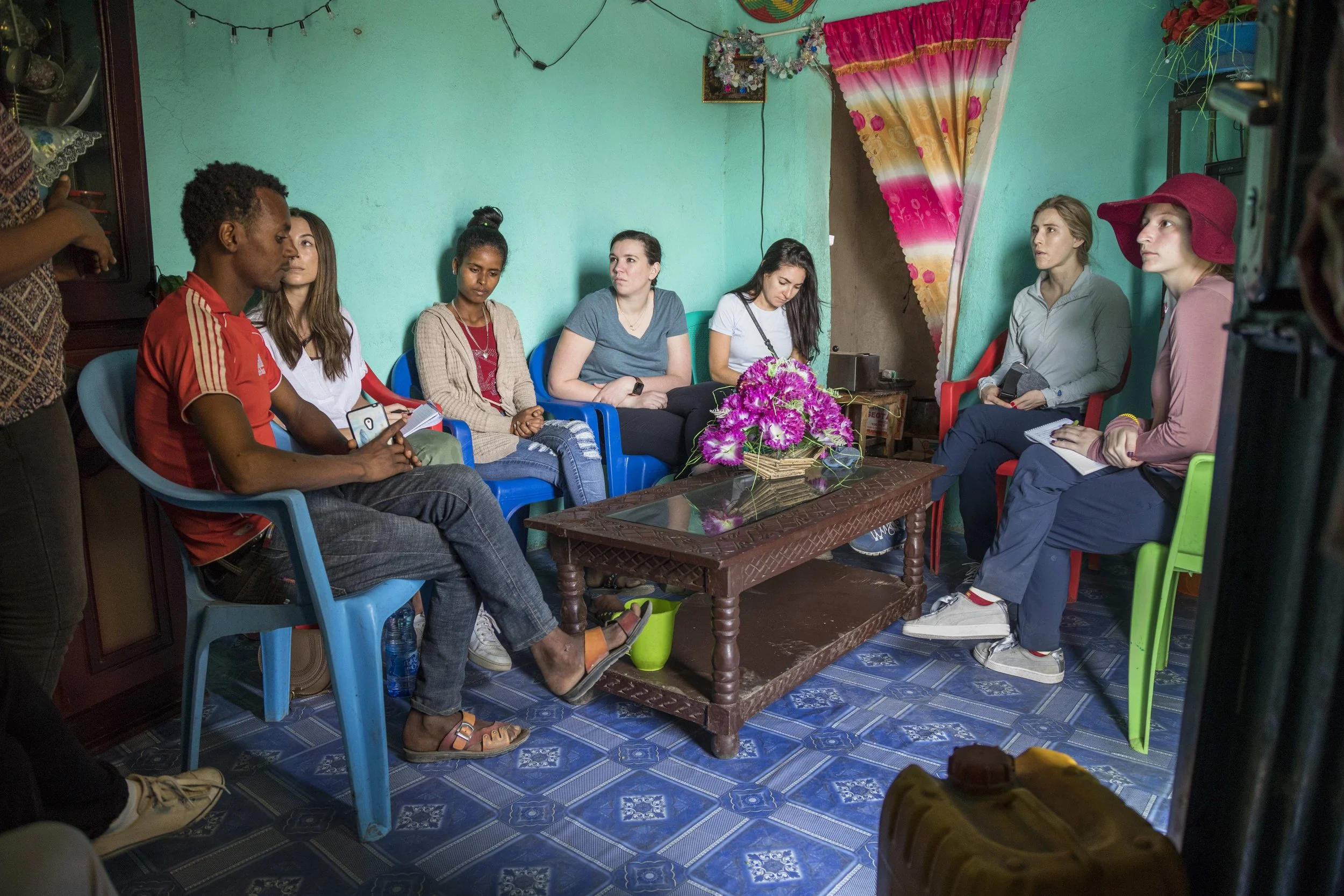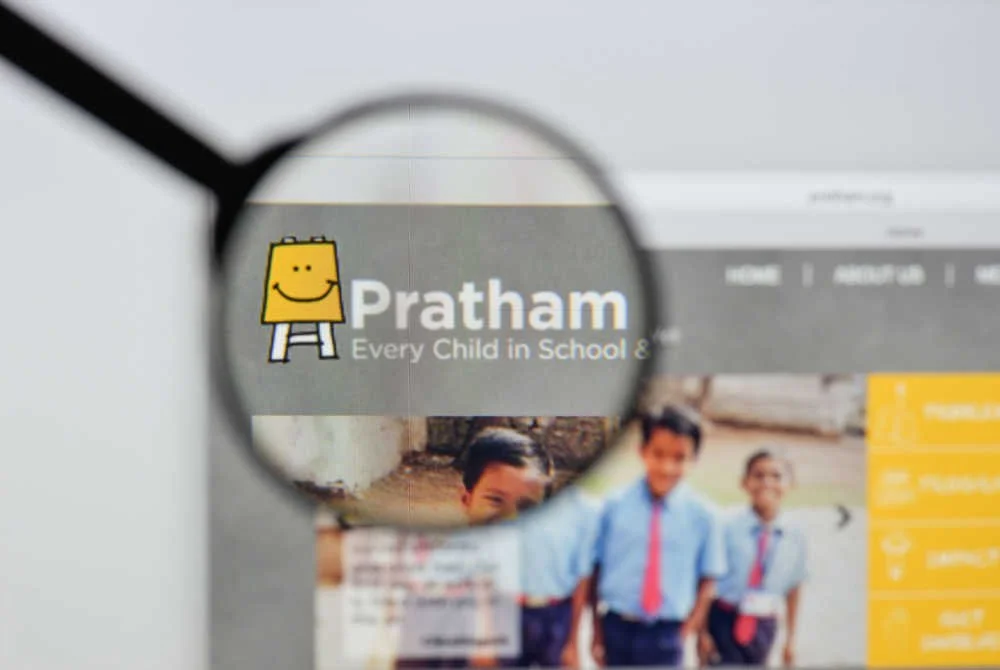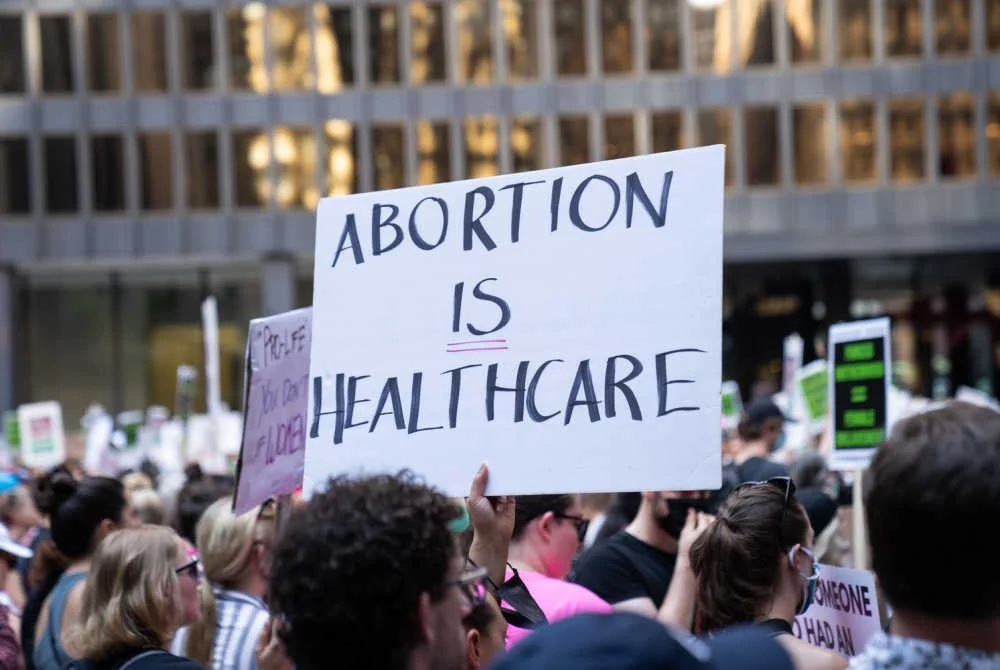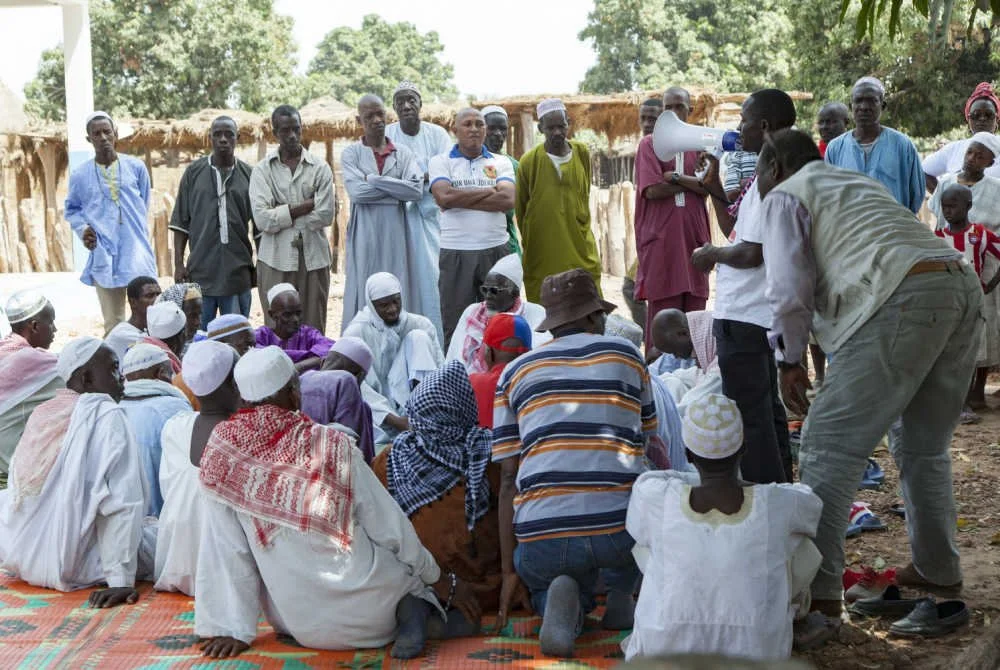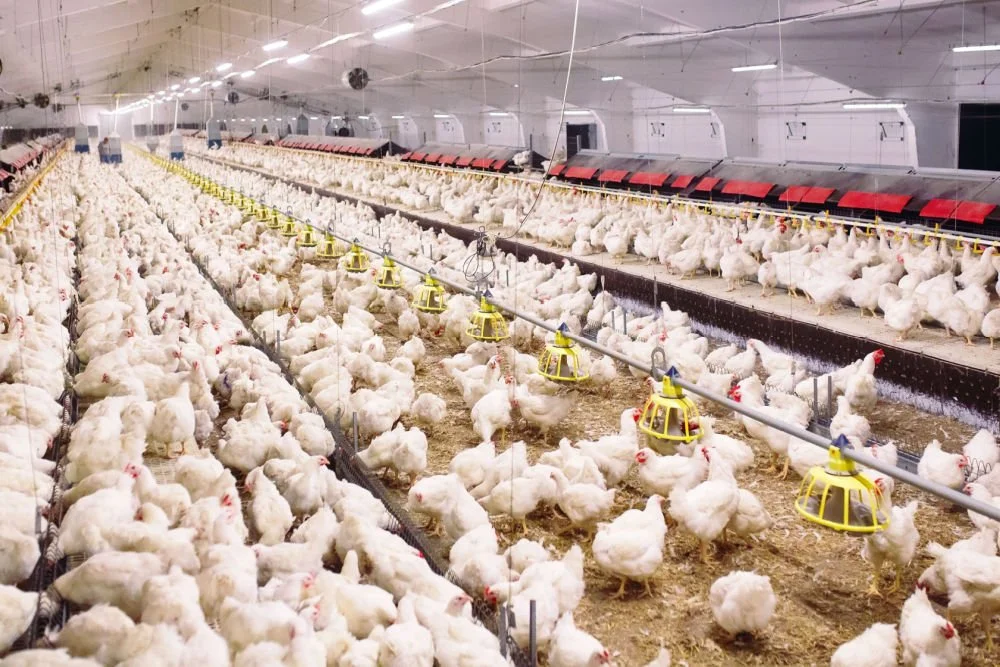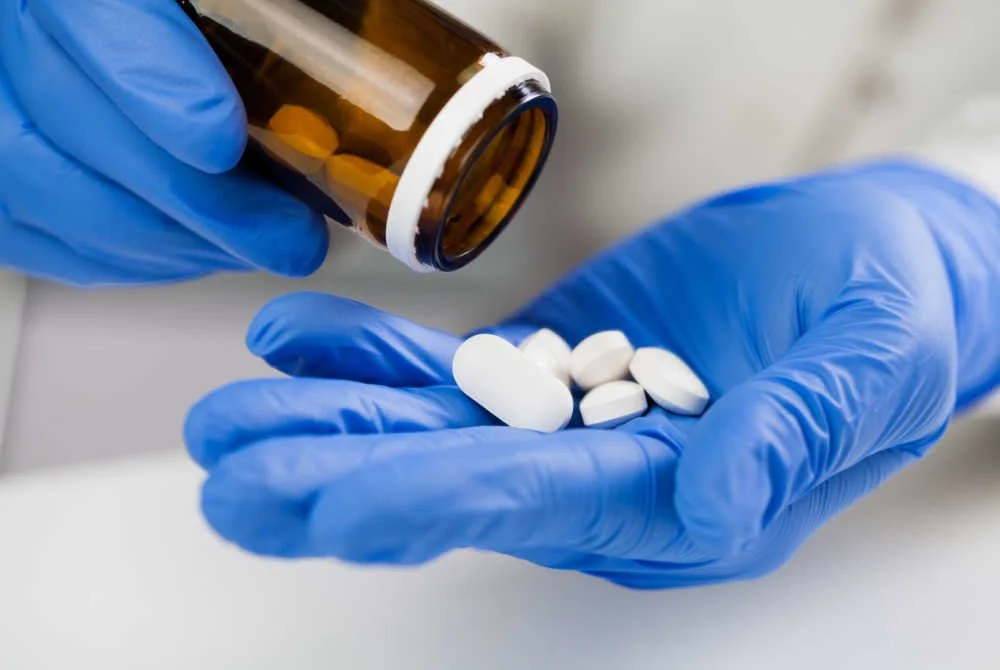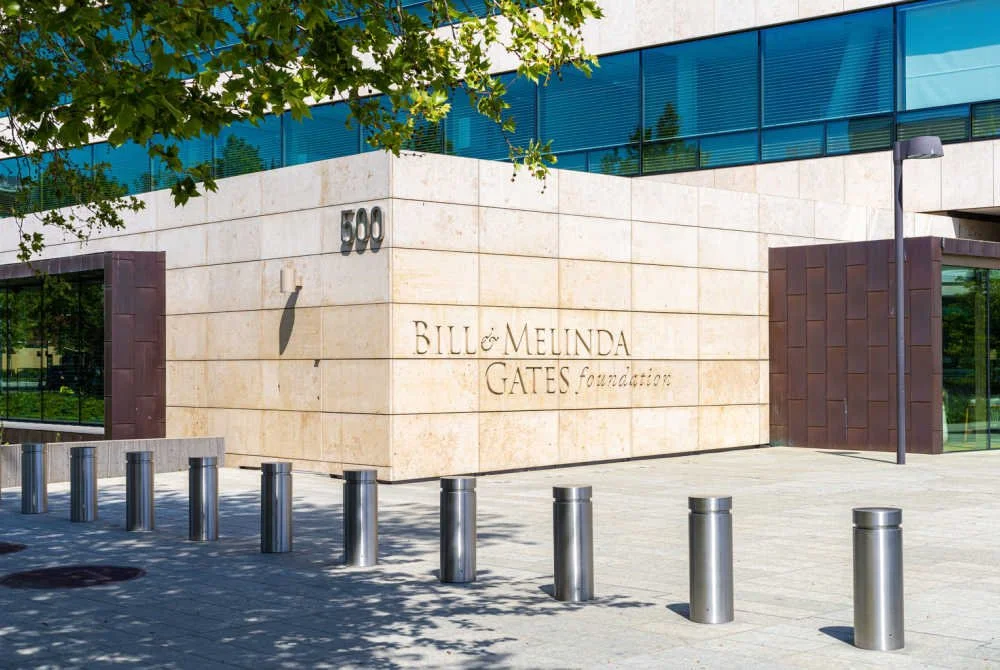Does Mobile Technology Hold the Key to Conquering the "Last Mile" in Global Health?
/photo: Hector Conesa/shutterstock
The World Bank and the World Health Organization (WHO) estimate that at least half of the world’s 7.6 billion do not have access to essential health services. A key part of this problem is the lack of doctors or healthcare facilities in impoverished and remote places. According to Raj Panjabi, one of the cofounders of Last Mile Health, it's simply wrong that people routinely die in a wealthy world simply because they live too far from a doctor’s office or healthcare clinic.
Panjabi and his family fled the violence in their home country of Liberia when he was nine. In 2005, he returned as a medical student and worked at the Liberia Ministry of Health as an advisor for the country’s National Health Plan and as a clinician at rural health facilities. In 2007, Panjabi, a group of survivors of Liberia’s civil war, and a few American health workers founded Tiyatien Health, “an organization committed to seeking truth and justice for Liberia’s rural poor.” In 2013, Tiyatien Health came to be known as Last Mile Health.
It's been just over a decade since its founding, and Last Mile Health has gained some serious traction in the global health community and among funders. Last year, Panjabi received the $1.25 million Skoll Award for Social Entrepreneurship, the TED Prize (he gave a talk that's now gotten over a million views), and is listed on the World’s 50 Greatest Leaders in Fortune.
The combination of ingredients behind Last Mile Health—a compelling moral premise, an inspiring backstory, a growing track record of achievement, and a cascade of media attention and elite accolades—explain the organization's latest funding coup: securing $50 million in pledges at this year’s World Economic Forum in Davos, Switzerland, for a new collaborative initiative.
The pledges come from Virgin’s Richard Branson, Jeff Skoll, founder and chair of the Skoll Foundation, and Christopher Hohn, founder of Perry Capital and the Children’s Investment Fund Foundation, ELMA Philanthropies, and the UBS Optimus Foundation.
What's really shaking loose the big money is that Last Mile Health has forged an innovative partnership with Living Goods—a San Francisco-based outfit that is also a highly respected player in the global health space.
Living Goods supports networks of “health entrepreneurs who go door to door to teach families how to improve their health and wealth." And while we haven't covered it before, the organization has also received its share attention from funders. Its backers include the Omidyar Network, the Peery, Mulago, and Bohemian foundations, and UBS Optimus.
The two groups have come together to launch an initiative aimed at using mobile technology to greatly expand access to healthcare. The plan is to train and deploy 50,000 community health workers who will use phones loaded with apps to provide door-to-door care to some 34 million people across six African countries. The partners hope to raise much more money to expand to three additional African countries in the future.
Ambitious efforts using technology to speed social progress is a recurring theme in our coverage of the global health and development funding space. While these efforts sometimes founder, and there's plenty of skepticism of technology's potential to transform life in poor countries, new initiatives keep emerging. It's important to remember that the ubiquity of smartphones in places like rural Africa is still a quite new development. An initiative like this one wouldn't have been feasible just a few years ago. You can see why funders are excited by the possibilities that have emerged from mobile technology, and we've written about any number of such initiatives in recent years.
In order to unlock the total $50 million pledged, Last Mile Health and Living Goods must raise an additional $50 million over the next four years. While the organizations will continue to fundraise in Davos and elsewhere in the coming years to meet that requirement, the UBS Optimus Foundation is already making good on its pledge by offering a 1:2 match of their clients’ gifts to the project, up to $10 million.

















